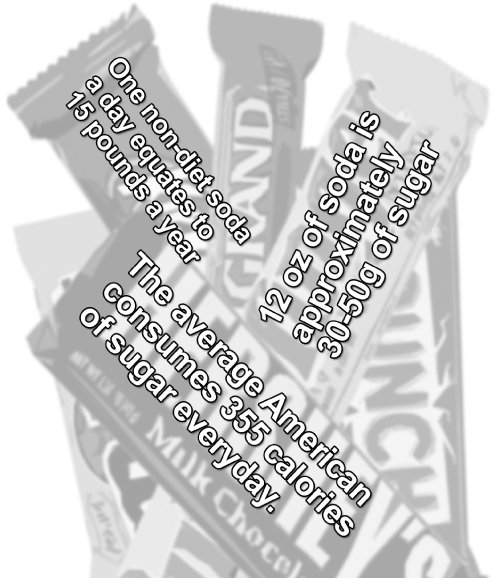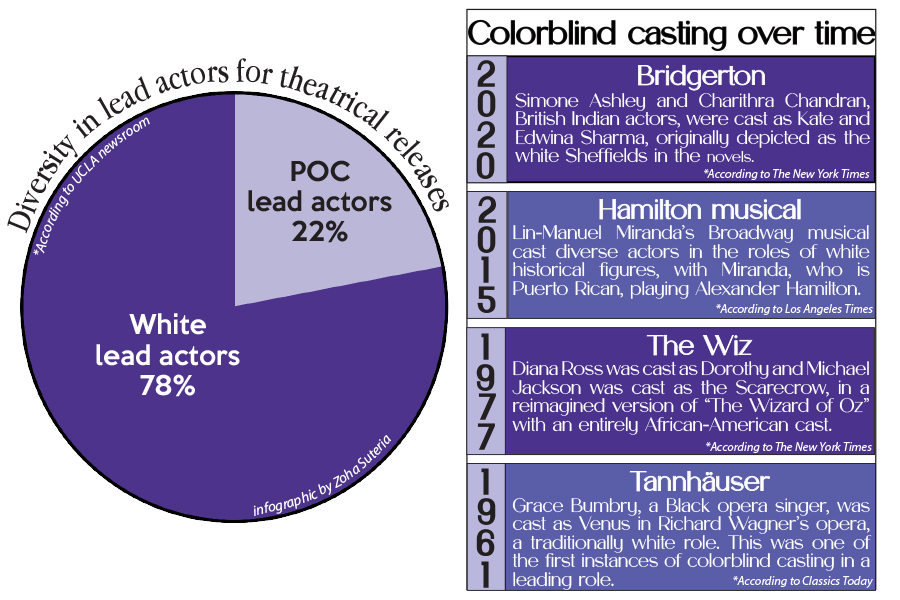I’ve been interested in nutrition since my freshman year, when, in my quest for a healthy diet, I decided to try veganism, a diet without any animal products. That lasted an entire week before I decided I love cheese too much. However, even though I’m a meat-eater now, I still look for new ways to shape up my eating habits; recently, I’ve been trying to cut back on sugar.
According to Mayo Clinic, excess sugar in the diet can lead to weight gain, poor nutrition, tooth decay and heart disease. Because of this, the American Heart Association recommends that women consume no more than 100 calories from added sugar each day and that men consume no more that 150. According to Mayo Clinic, however, most Americans take in a whopping 355 calories of added sugar each day. Is it a shocker that our obesity rate is so high?
I don’t eat a lot of sugar by the standards of the average teen-—I’ve never liked soda, and while I snack on a sugary item or two almost every day, I eat healthy meals. However, I often still feel like I’m addicted to sugar, that I can’t go a day without my sweets. Because of my hesitancy to feel dependent on any substance and to prove I have the strength to kick an unhealthy habit, I decided to try to forgo sugar for a week.
“Sugar” is a pretty broad term, though. What’s the difference between the sugar in fruit and the sugar in cookies and chocolate? And what’s with all the different names for sugar, like sucrose and glucose and cane syrup, that we see in nutrition labels?
According to The Huffington Post, the sugar in fruit and table sugar is essentially the same (both are made from glucose and fructose), but the sugar in sweets is much more consolidated than it is in fruit. Plus, fruit has fiber that slows down how quickly your body processes glucose, meaning that more of the sugar in fruit is used as energy and less is stored as fat. During my experiment, I avoided all the obvious sources of sugar—candy, baked goods and sugary drinks—but still ate fruit.
The first day of my sugarless week was easy. I was mentally prepared for the buttery smell of cafeteria cookies my friends nibbled on at lunch that threatened to break my willpower. However, by the end of the second day, my body started craving my usual sugar intake; instead of indulging my taste buds’ and brain’s cry for chocolate, though, I started snacking on more fatty foods (cheese in particular) to replace my sugar cravings with another satisfying treat.
After a few days without sugar, my cravings calmed down. I recognized that my “addiction” was more psychological than physical. My appetite reared its ugly head when I saw people in my classes selling chocolate bars more than it did when I was working on homework at home. As long as I avoided bake sales after school and had alternate snacks at-the-ready after school, I barely noticed I wasn’t eating sweets and soon felt empowered, refusing to let my taste buds rule my life.
This doesn’t mean you should give up sugar completely, but you should be aware of what you’re eating and check the label of the next sweet drink you buy.
Here’s a quick tip: if one of the first ingredients of the product is sugar, then that food is classified as a “sometimes” treat, not as an everyday snack. Making sugar a special occasion, not a diet staple, not only helps your health but makes you enjoy even more the times that you do eat it.
If you want to reduce the sugar you eat in a day but feel daunted by your habit, there are a few baby-steps you can take. Try eating fruit every time you have a sugar craving to get your brain used to the natural sweetness of fruit, or start by quitting sugar from your diet for just one day. Having alternate options prepared is key to avoiding a sugary snack. After you’ve started to cut down, let your happiness about doing something kind to your body fortify your willpower and carry you to a sweet, low-sugar life.











